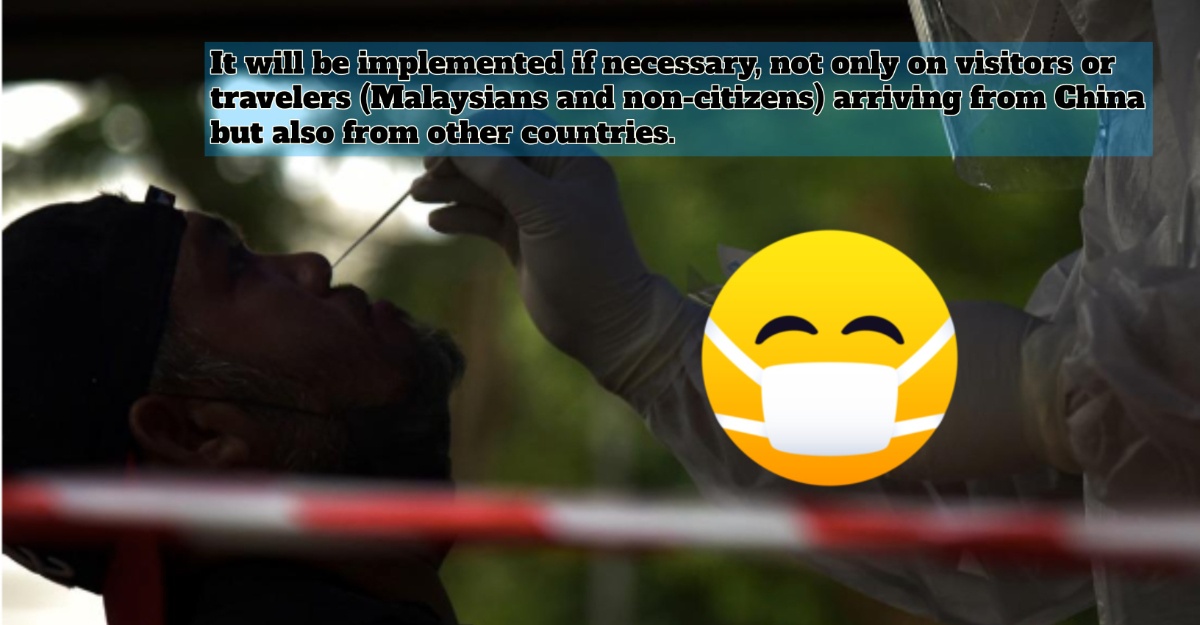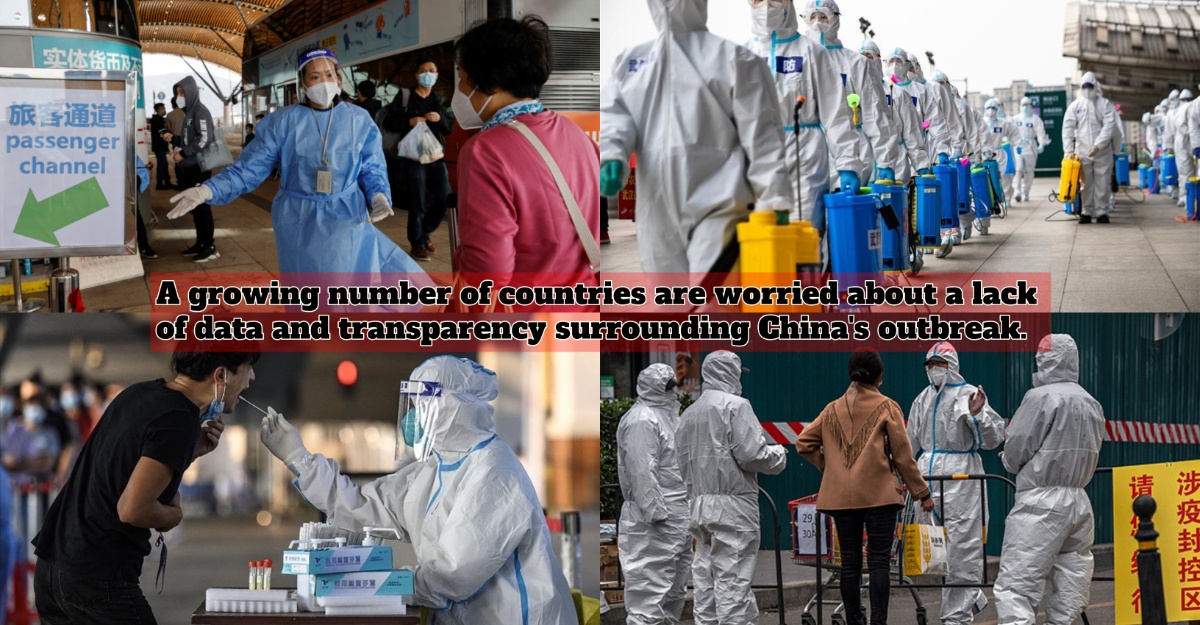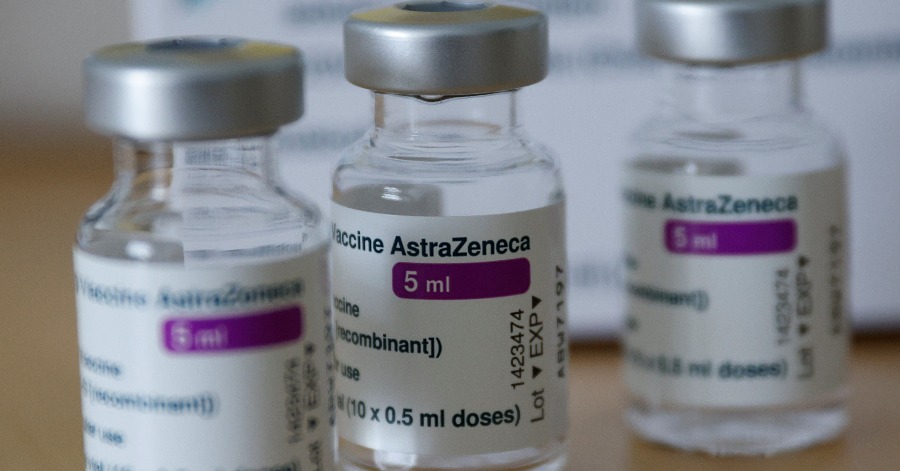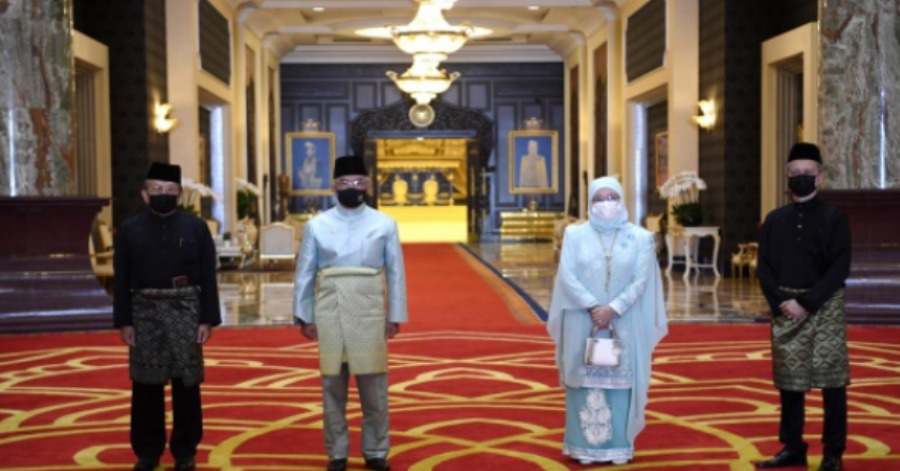The Health Ministry (MOH) is prepared to change the existing COVID-19 pandemic management healthcare policy at the country’s borders including tightening the standard operating procedure (SOP) for health checks.
Its Minister, Dr. Saliha Mustafa said the extension of Malaysia as a ‘Local Infection Area’ until June will give the ministry the space to make the necessary changes with the resurgence in COVID-19 cases in China.
She said the ministry takes seriously the concerns of the people regarding the increase in COVid-19 cases in China, as well as the restrictions imposed by several countries on travelers from the republic.
“It will be implemented if necessary, not only on visitors or travelers (Malaysians and non-citizens) arriving from China but also from other countries.
“The ministry will step up the methods of containing the spread of the COVID-19 infection in the country as well as preparedness to face any possible increase in cases of the epidemic,” she said in a statement today.
Dr. Zaliha said the ministry is also always prepared to increase the country’s health capacity to face any possibility.
The ministry, she said, will always adopt policies that are guided by and based on science and accurate data. apart from working together with the World Health Organisation (WHO), China, and ASEAN member countries.
“WHO has held a meeting with China to share the latest data and it will continue to find in detail information, situation, and management of COVID-19 in the country.
“Based on the information reported by China to the WHO, the variants and sub-variants in China have also been detected in Malaysia,” she said.
At the end of last year, China reported a spike in COVID-19 cases following the Omicron variant which was spreading fast and this resulted in several countries deciding to restrict the entry of travelers from China as a preventive move to stop the spread of the pandemic.
In a related development, Dr. Zaliha said that based on existing information, the COVID-19 vaccine is effective in providing protection from severe symptoms due to the virus infection, hence will reduce hospital admissions.
She also said that the Bivalent vaccine will be supplied to Malaysia soon following the approval of the conditional registration by the Drug Control Authority, recently.
“An announcement will be made when the supply is received,” she said and urged those who had received their first booster dose six months ago or more to get a second booster dose.
There is no need to wait for the Bivalent vaccine as the existing Monovalent vaccine is still very effective at reducing serious symptoms and cases of death, she said.
Dr. Zaliha said she hoped to see an increase in the number of people taking the booster dose, especially among the high-risk group.
Currently, only 49.8 percent of Malaysians have received their first booster shot and only 1.9 percent have taken their second booster dose, she added.
She also reminded the public to continue to take care of their own health and their families and to always adhere to health advice and recommendations.
Sources: BERNAMA.








